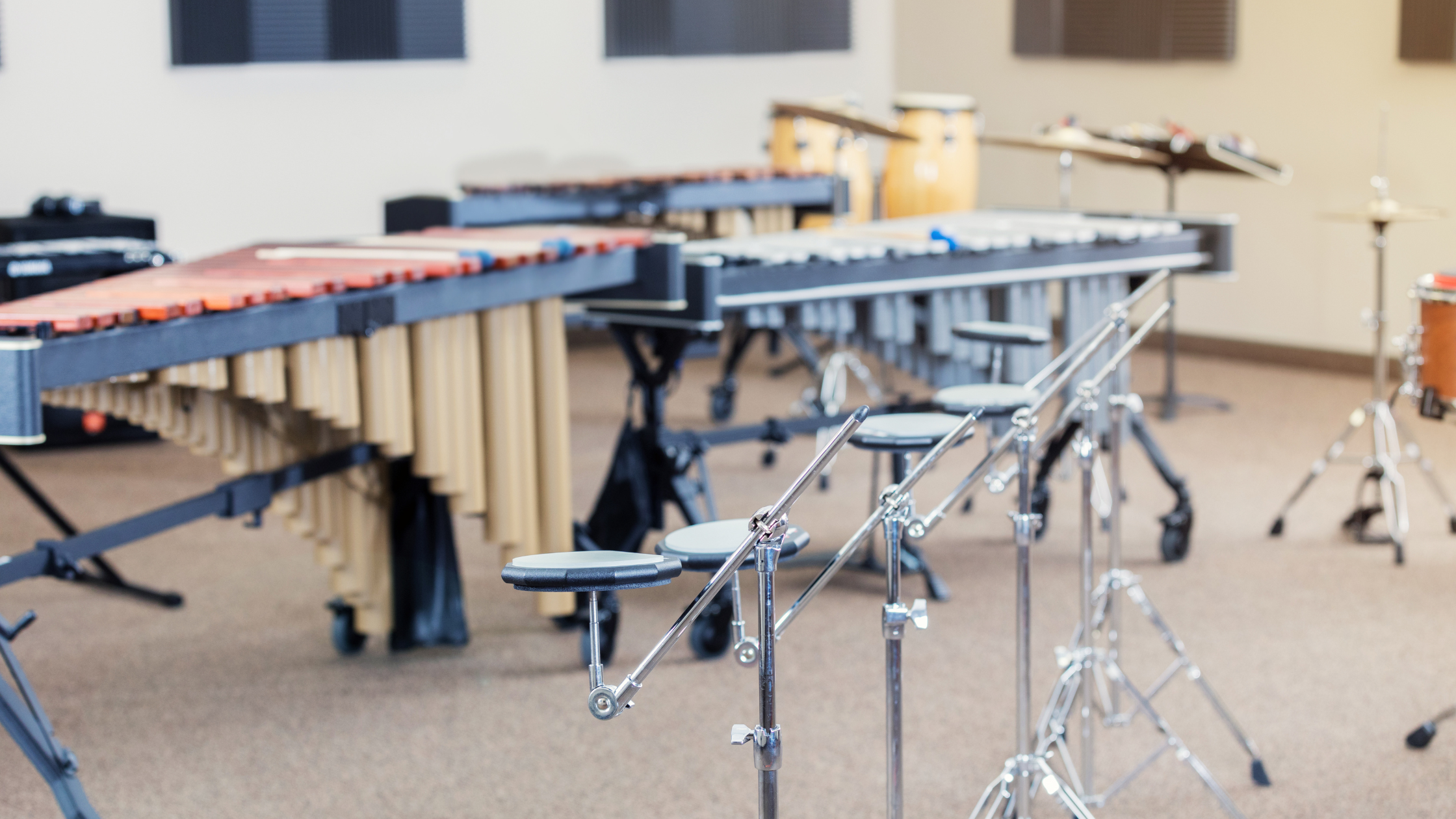

Extra-curriculars are often viewed with scorn amongst parents because they are believed to be ‘apart’ from the academics, and therefore, unnecessary for students. This, however, could not be farther from the truth. Not only do extra-curricular activities enhance a child’s development, but they also act as knowledge reinforcements outside of the classroom. These extra-curricular activities offer students a way to apply what they have learnt and sometimes, make them feel like an engaging element of the class.
With special needs students, extra-curricular activities become all the more important. Because parents are more concerned about their children being up to the mark in terms of academics, therapies, and exams, this attitude robs the children of their chance to excel in aspects of their life.
Schools offering special education to their students always have many extra-curricular activities, mixed with academic exercises. The goal for this is to ensure that these students get an opportunity to mix with their typically-developing peers, and essentially, learn more than just the prescribed syllabus.
Apart from the obvious exposure that comes with participating in extra-curricular activities, they can also help children to focus on their strengths, and interests, develop leadership and peer skills, build their self-esteem, and engage with others of their age as a team, or as opponents.
Extra-curricular activities such as Music, Singing, Instrumental Programs, Chess, academic clubs like Debate or Impromptu Speaking, Yoga, Drama classes, Sports Clubs, Game Periods, and School-Organised Festivals are common in special needs schools. Apart from these, field trips, or guest lectures from experts in the field, can give students an all-rounded experience of what they are learning in class. Not only will this ignite further interest in the topics taught in school, but also be a breather for students who feel burdened by academic activities.
These extra-curricular activities help in promoting overall well-being and focus on goals to enhance development. For instance, playing complex team games, or sports activities help in boosting the physical, social, motor, and cognitive skills of the child. If the child has social anxiety , they may find solace in individual games or field events. Children with concentration and focus issues may benefit from attending Debate sessions, and participating in verbal activities.
Moreover, schools that accommodate students with special needs do much better in extra-curriculars, as the school has the freedom to customise the model to fit the needs of its own students. To illustrate further, neurodivergent students will do better when the extra-curricular activity has a set, structured approach, whereas some other students might do better in exercises that involve exploration, or experiential learning. Most special needs students are also sensitive to sensory inputs , and certain extra-curriculars can be avoided or adopted keeping in mind the class of students.
In conclusion, special needs schools ensure enough extra-curriculars so that their children may get a chance to earn as many ‘after-school successes’, chances to make friends outside school, nurture the hidden, non-academic talents of the students, and building lifelong interests. Being special education schools, they have the freedom to decide which activity their children can engage in better, for a more holistic development.
Also read:
How To Know if Your Child Has Special Needs?
Factors to Consider While Looking for A Special Learning School in Mumbai